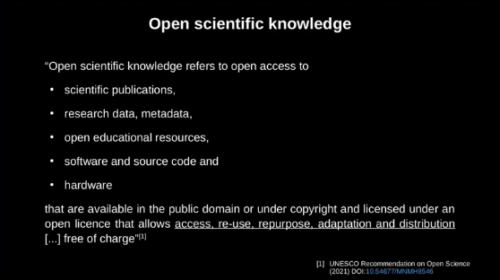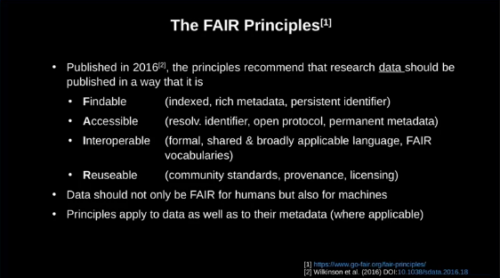The Stallman report
Richard Stallman (aka “RMS”) is the founder of GNU and the Free Software Foundation and present-day voting member of the Free Software Foundation (FSF) board of directors and “Chief GNUisance” of the GNU project. He is responsible for innumerable contributions to the free software movement, setting its guiding principles, organizing political action, and directly contributing to a flourishing free software ecosystem. The majority of Stallman’s political activity has been of priceless value to society at large.
However, Stallman has been the subject of numerous allegations of misconduct. Stallman has also incited numerous controversies for advancing a political agenda which normalizes sexual misconduct and advocates for reforming our social and legal understanding of sexual conduct in a manner which benefits the perpetrators of abuse.
On the basis that Stallman has not demonstrated an understanding of his misconduct; has not apologized for allegations of misconduct, alleged or corroborated; continues to publish his harmful political program; and does not acknowledge or apologize for harm done in the course of this program, this report reiterates the position that Stallman should be removed from the board of directors at the Free Software Foundation.


